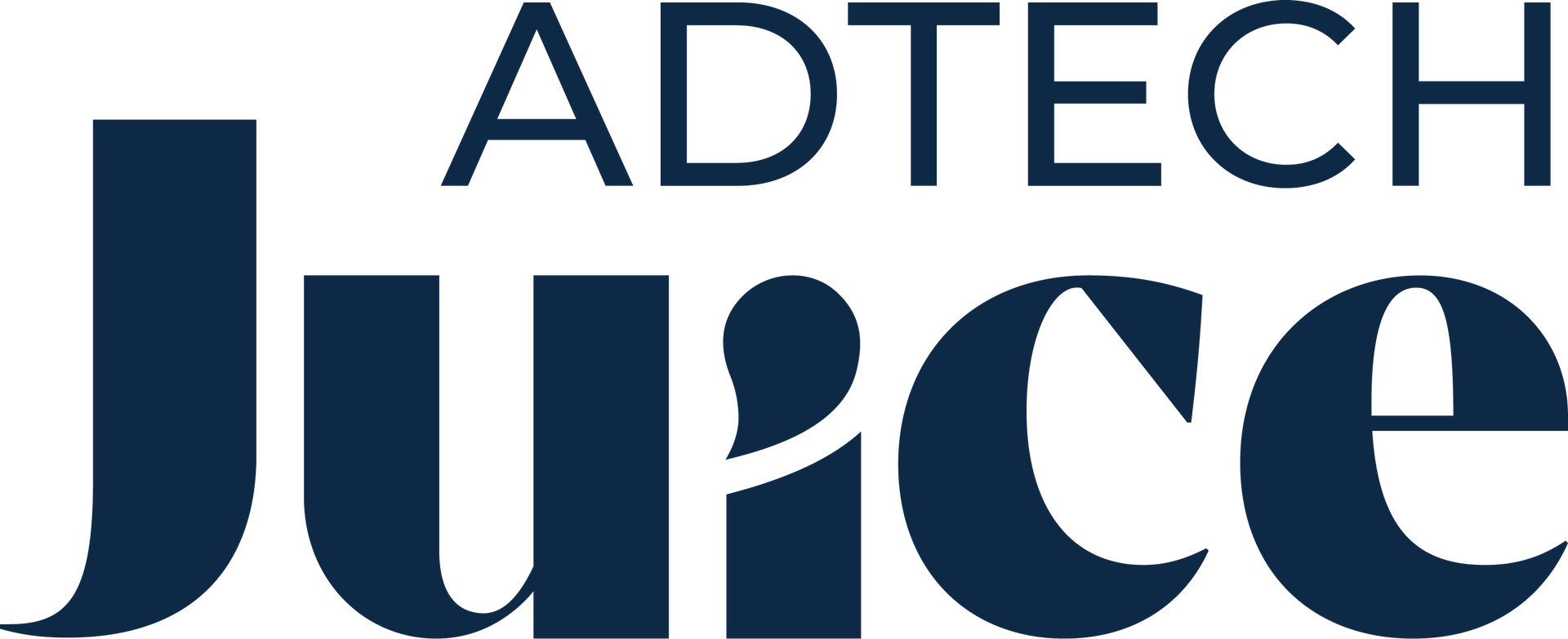True teamwork: Why platform + agency is a winning combination
Partnership marketing is really all about value exchange, which can reap big benefits for all parties involved.
But could it be more, if, well, it was diversified a little?
Here Daisy-Blue Malden, RVP of Channel Partnerships at impact.com puts the case for why a mix of platform and agency may be the ultimate winning combination…
This year marks a personal achievement of 11 years in the affiliate industry (I missed the more obvious 10-year milestone on maternity leave), and this has given me cause to reflect on my learnings, opinions and hopes for how we evolve.
Having previously enjoyed a variety of experiences between publisher and platform roles, working to build brand presence and revenue growth, I watched the rise of technology platforms with interest.
I saw an opportunity to create a truly bespoke extension of brand teams, fully aligned to requirements, with the support of both a platform and a service provider.
Over the past five years at impact.com, I’ve focused solely on building an engaged ecosystem of agencies across EMEA, to support the ongoing success of the partnership economy and drive real revenue growth for our brand clients.
We’ve built a thriving Agency Partner Program to continue scaling our shared successes, consisting of over 110 members, each bringing a unique perspective and approach.
While affiliate marketing remains one of the most cost-effective and resilient channels within the marketing mix, the legacy network model causes significant constraints to growth potential.
Using a single provider for both platform and strategy, while seemingly a simple solution, deprives brands of crucial flexibility, cost efficiency and opportunities for innovation.
Essentially, convenience isn’t always king, and achieving the best of both worlds is simpler than it first may seem.
Here are my top tips to identify the best setup for your brand.
The key challenges of a pre-packaged solution
Slower innovation: Providers who bundle everything together often lack the incentive to push product innovation, relying on over-servicing and manual execution to take the place of technological improvement.
Limited autonomy: When platform and service are inseparable, brands often end up locked into a standard account management model with little capacity to customise.
This can stifle fresh thinking, make it difficult to deploy in-house expertise, and too expensive to also engage a specialist agency – even if brands can see the benefits in doing so.
Single-channel expertise: A packaged affiliate solution won’t take a view on broader channel mix and influence, and often can’t offer deeper data analysis without a brand actively sharing sensitive data, which isn’t always feasible.
The benefits of a more flexible approach
Best-in-class technology: Independent platforms deliver more robust tracking, flexible attribution, and customisable integrations to suit varied use cases.
Pricing on a fixed-fee model instead of an override or percentage of revenue removes the incentive to recommend bottom-of-the-funnel affiliates to inflate performance, instead of supporting sustainable growth.
Research from Forrester examining partnership automation found that brands using specialised SaaS solutions realised a 314% ROI over three years, largely due to improved affiliate performance visibility and the ability to scale efficiently.
Specialised strategic partners: Having a flexible technology foundation lets brands bring in top-tier agency expertise aligned with their unique goals – be that proving incrementality, diversifying the affiliate mix, or expanding
internationally.
With long-standing publisher relationships, agencies can also activate significant buying power and negotiation skills to enhance channel efficiency – something that networks are at a competitive disadvantage to achieve, on a traditional performance fee model.
Dovetailed delivery: A fully integrated experience is achievable across the impact.com agency ecosystem.
We work together to offer brands a true extension to marketing teams, by remaining accountable as subject matter experts in technology and strategy.
Our agency partners complete certification on our platform, beta test new functionality and join us in pushing the industry forward.
Getting started: four key considerations
1. Clarify your goals
Are you aiming for wider affiliate recruitment, deeper engagement, or a specific ROAS?
Pinpointing these objectives will help you evaluate which platform suits you best – and whether your in-house team can deliver the strategy or whether you might benefit from a specialist agency.
2. Assess skill gaps
If your internal team lacks experience in certain areas – e.g. regional expertise or cross-channel analysis – a tailored agency can fill that void.
When each side (platform and agency) focuses on its specialty, you’ll hit the ground running much faster than when you rely on a cookie-cutter solution.
3. Prioritise measurement
Look for a platform that excels in transparent reporting and customisable attribution models.
Then decide if you have the bandwidth to interpret and act on these insights, or if you’d prefer a specialist team to do so.
Knowledge is power, but only if you can convert data into results.
4. Create an action plan
Seek out the support of our global Channel Partnerships teams, to identify the right agency to meet your requirements, leveraging our deep knowledge of our ecosystem, for tailored recommendations and introductions.
As the industry matures and the pace of change accelerates, more and more brands are starting to move beyond rigid offerings towards a more suitable, flexible approach.
Freed from one-size-fits-all service wrappers, they can select exactly the right technology and pair it with the ideal strategic partner for each channel.
Affiliate and partnership marketing have a proven track record of adapting to shifting consumer preferences and regulatory changes, and today, the ability to independently select technology and strategic service providers makes these channels even more dynamic, putting power back in the hands of brands.
Also published in: Mediashotz




